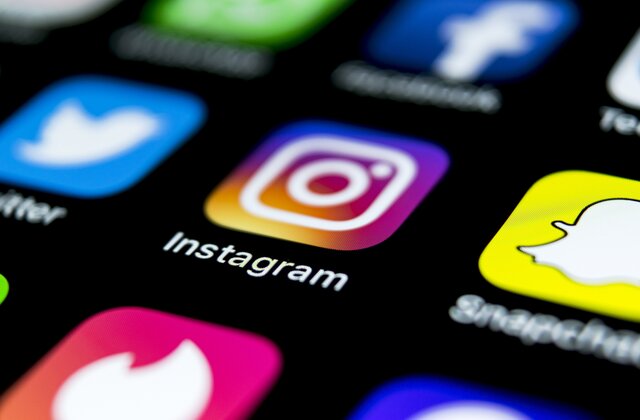How We Should Balance Social Media and Mental Health
January 11, 2023
How much does social media really influence our mental health and impact our relationships in the real world?
Stella Barry and I decided to take a closer look into this and interview our wellness director Mrs. Huete.
Social media can be a very controversial subject in many people’s perspective, but we wanted to get a more professional view into this topic.
Mrs. Huete had many mixed opinions on this topic of mental health linked with social media but she gave us a new way of looking at it as well.
She mentions, “So from what I know in the training that I have, social media can be both. I think it depends on the person and the situation, for some it’s important because it’s their connection. On the other hand, social media can be unhealthy if used incorrectly.”
Social media is a great place to keep in contact with friends if they live far away, keep updated on various new topics, and find new websites or shops that you might not have known about.
But unfortunately, depression, anxiety as well as other mental illnesses can typically be linked to social media.
In high school, and specifically at Tahoma, it’s typical that comparing yourself to others in the community can increase anxiety.
Huete explained that “seeing socially, your friends going out increases anxiety and depression. There’s a correlation, not causation, but I definitely think there’s a link there.”
We sometimes forget that social media is fairly new to our generation and the world, and that we haven’t yet discovered the long term effects social media has on mental health.
Our generation has become the “guinea pigs” for the experiment that is social media, consuming a large part of our everyday lives.
Nowadays with our culture and how everything is fast paced, the world of social media quickly becomes complicated.
Students might need to use it for school or at home; sometimes it’s hard to fit in with a group of people if you don’t have the apps.
These social stressors add even more pressure to anxiety, depression, and other mental illnesses.
Learning to stay safe and make the right decisions on social media is key to having a healthy mind, although it can be very difficult.
Even though there are negatives to social media, it has its positives.
For our school, Mrs. Huete says that “through social media you’re learning about communication, teamwork, how to multitask, or how to process information. There’s a lot happening right now in learning how to navigate the social world.”
Our overall consensus is that kids and people overall should be spending at most 1-2 hrs a day on social media.
Feel free to check out the Tahoma Website for more smart safety tips for social media! https://tahomasd.onlinesafetyhub.io/parent/home






Sami Mccallister • Jan 17, 2023 at 11:39 am
this was spoken with true talent and knowledge upon the topic, really love this hard work!
owen • Jan 17, 2023 at 11:36 am
love the story reese and stella